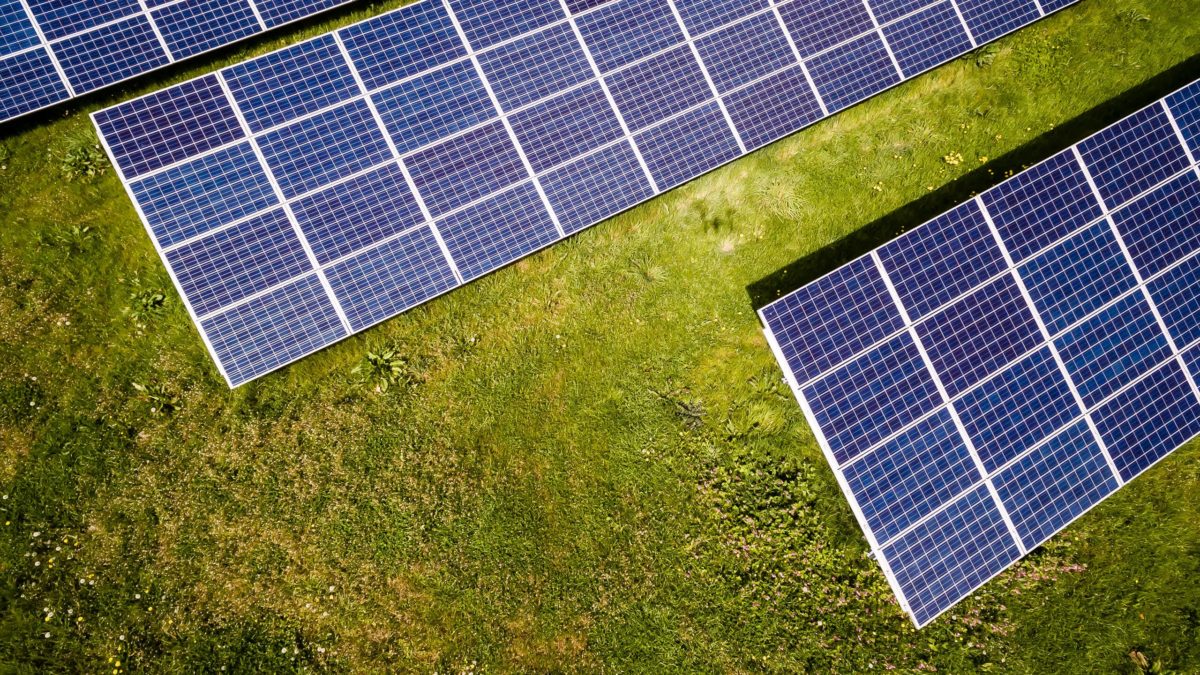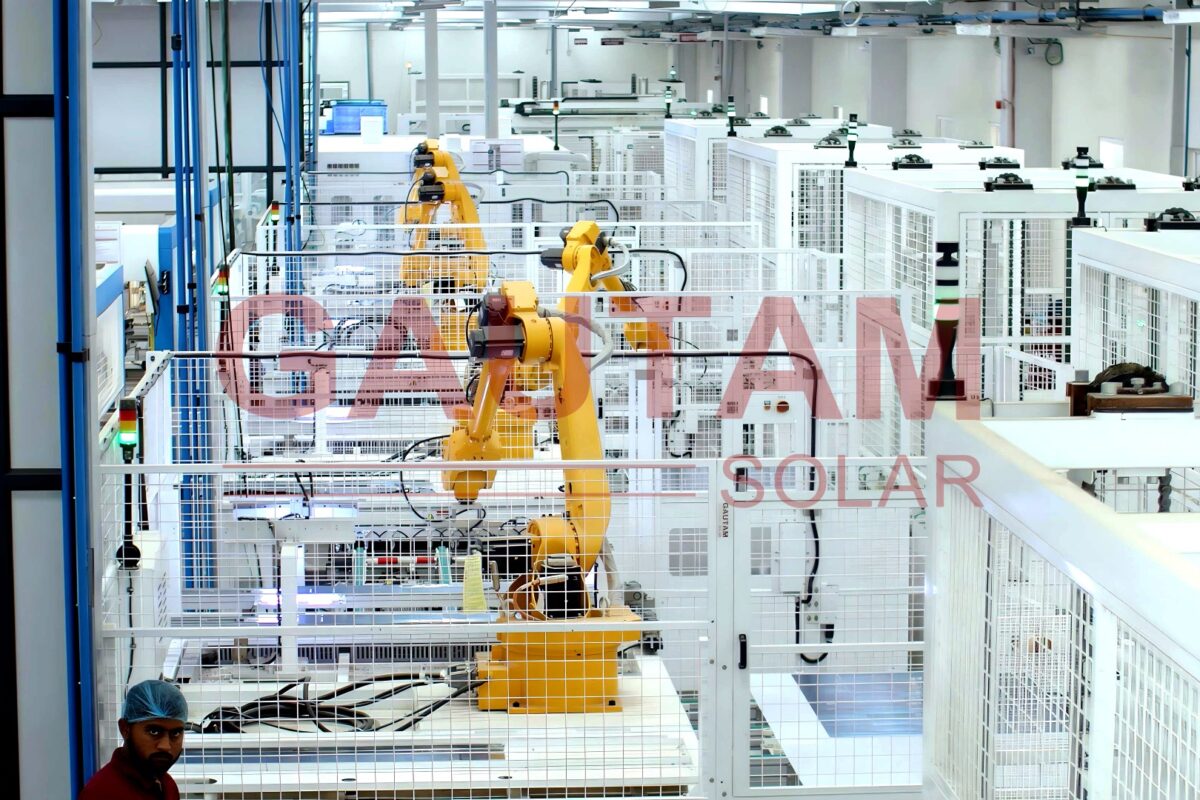UK Chancellor Rishi Sunak and India’s finance minister Nirmala Sitharaman announced new steps to tackle climate change and boost investment at the 11th Economic and Financial Dialogue (EFD) between the UK and India held recently. These include a $1.2-billion package of public and private investment in green projects and renewable energy in India and the joint launch of the Climate Finance Leadership Initiative (CFLI) India partnership.
These investments will support India’s target of 450 GW renewable energy by 2030. The proposed amount includes a $1-billion investment from the UK’s development finance institution CDC in green projects in India between 2022 and 2026. This builds on CDC’s $1.99 billion existing portfolio of private sector investments in India.
Both governments committed joint investments to support companies working on innovative green technology solutions, including a new $200-million private and multilateral investment into the joint UK-India Green Growth Equity Fund, which invests in Indian renewable energy.
The CFLI India partnership will help mobilize private capital into sustainable infrastructure in India, including clean energy like wind and solar power and other green technologies. It will be led by a group of leading financial institutions responsible for $6.2 trillion of assets and chaired by Michael Bloomberg, UN Special Envoy on Climate Ambition and Solutions.
The two sides also agreed on further strengthening the UK-India strategic partnership on Gujarat International Finance Tec (GIFT)-City, India’s first International Financial Services Centre, to support GIFT to become a Fintech and sustainable finance hub. Barclays became the third UK bank to commence operations in GIFT City this year, after HSBC and Standard Chartered.
The UK also welcomed India’s recent decision to lift the Foreign Direct Investment cap in the insurance sector from 49% to 74% which will help British firms to take greater ownership of their operations in India.
Welcoming the announcement, Ulka Kelkar, director, Climate Program, World Resources Institute (WRI), said, “The massive scale of India’s low carbon transition will require upfront capital investments. Dedicated funding like this can be used to build new green energy, industry, and urban infrastructure and avoid lock[1]in to carbon-intensive projects. These new funding initiatives should also prioritize investments in decentralized rural energy and micro, small and medium enterprises (MSMEs), which have great potential to reduce emissions and support livelihoods but have lower capacity to access finance.”
Akhilesh Magal, head- Research Advisory, Gujarat Energy Research and Management Institute (GERMI), said this development should contribute to the flow of low-cost finance for clean energy goals: “Adequate financial support has always been a vital concern for climate action more so as India moves ahead in its quest for a clean future. The announcement adds confidence towards constructive negotiations at COP26. It remains to see how funds will come, from what sources, and where they will be used,” he added.
“Financing climate action has been a persistent issue. Coming ahead of the COP26, this partnership should bring in more private capital for sustainable infrastructure, including wind and solar. This will create a multiplier effect towards reducing emissions from key sectors like power and transport. This is good news ahead of the important meetings to be held over the next few months. It makes the commitments to finance real, and not a symbolic gesture alone,” said Aarti Khosla, Director, Climate Trends.
This content is protected by copyright and may not be reused. If you want to cooperate with us and would like to reuse some of our content, please contact: editors@pv-magazine.com.









1 comment
By submitting this form you agree to pv magazine using your data for the purposes of publishing your comment.
Your personal data will only be disclosed or otherwise transmitted to third parties for the purposes of spam filtering or if this is necessary for technical maintenance of the website. Any other transfer to third parties will not take place unless this is justified on the basis of applicable data protection regulations or if pv magazine is legally obliged to do so.
You may revoke this consent at any time with effect for the future, in which case your personal data will be deleted immediately. Otherwise, your data will be deleted if pv magazine has processed your request or the purpose of data storage is fulfilled.
Further information on data privacy can be found in our Data Protection Policy.